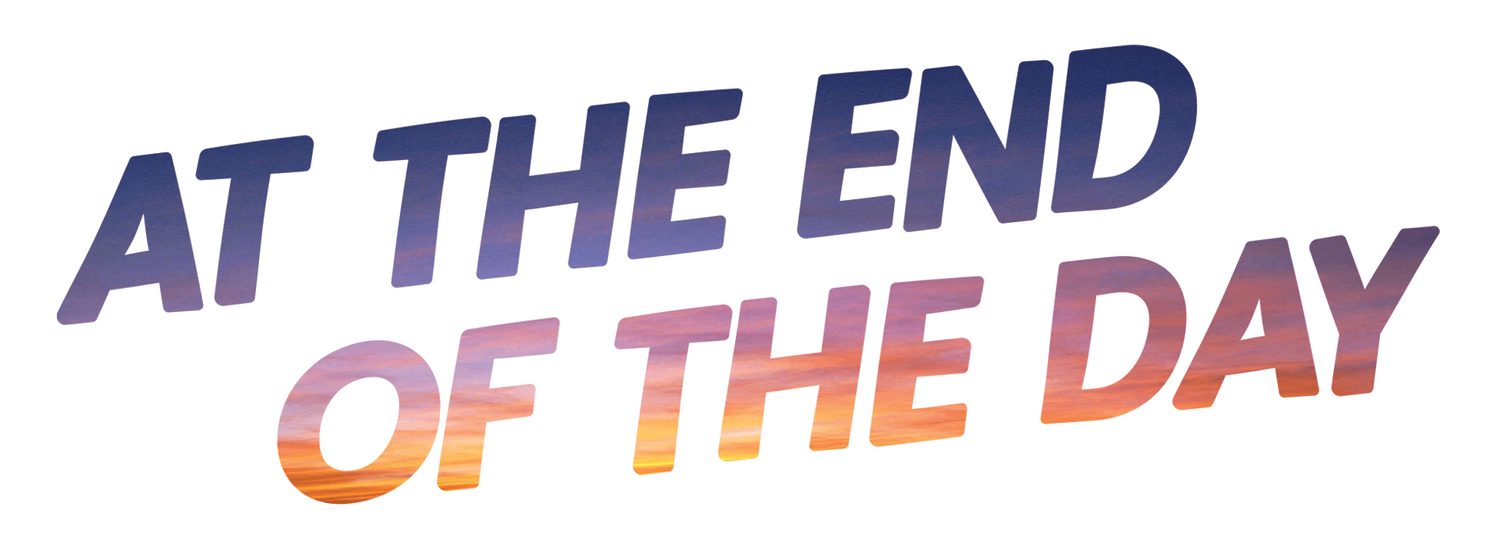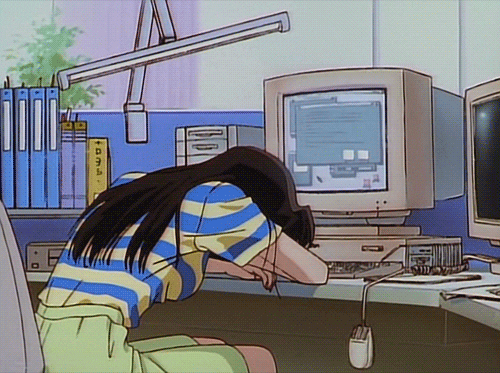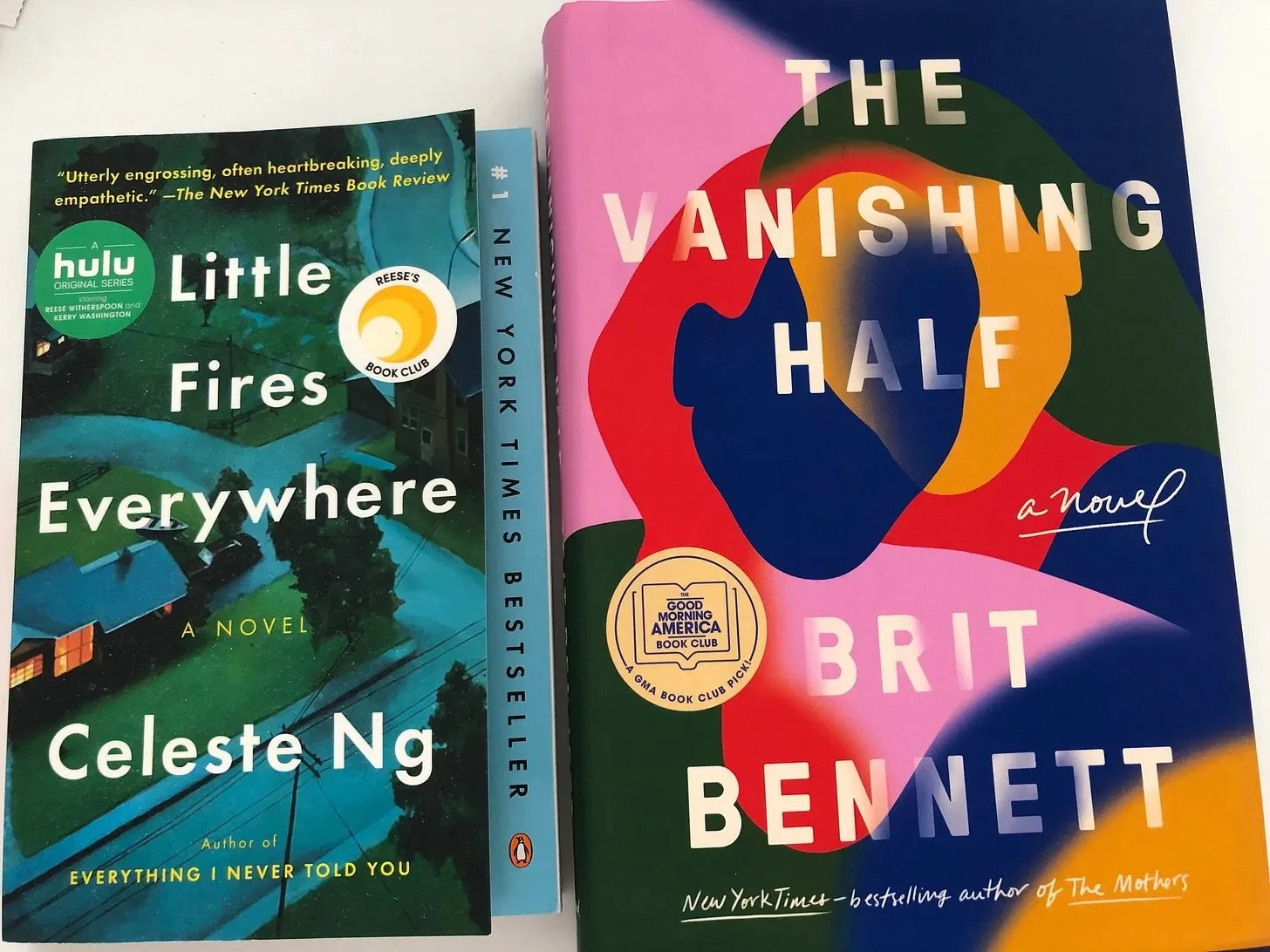When do we get to cancel COVID?
Asking for a friend
Hello ATEOD crew! During this incredibly weird time, writing At The End Of The Day gives me so much to look forward to. It’s my ongoing attempt to be mindful about news media. Thank you for being part of it.
Exhausted much? Me, too
It’s been a giant basket of feelings lately. The crushing intensity of the news -- racism, police, pandemic – makes it a tough time to have your eyes and ears open to the world.
Source: GIPHY
Being emotionally drained by the news comes on top of doing this ridiculous, daily sprint since lockdown in the spring, and if you’re a parent to young children, or a caregiver to anyone, you know what I mean.
This is where I lift my head off my desk for just long enough to link to the story that spoke for all of us last week, “In the COVID-19 Economy, You Can Have a Kid or a Job. You Can’t Have Both,” by Deb Perelman. [1]
I loved the simmering rage throughout.
I resent articles that view the struggle of working parents this year as an emotional concern. We are not burned out because life is hard this year. We are burned out because we are being rolled over by the wheels of an economy that has bafflingly declared working parents inessential.
I have it as good as anyone possibly can right now. But I’ve been in productivity overdrive, trying to make things right in our little corner, only to wake up and realize I’ve been on a slow-rolling train that’s delivered us to a terrible, crummy station in the middle of nowhere. Now entering…deep exhaustion!
Here’s a gentle and kind reminder on emotional fatigue, from an article in The Cut: [2]
It’s also important, I think, to be understanding with ourselves for being tired or cranky or emotional as this crisis unfolds. These events may be painful in ways we don’t even realize, says Reisinger. “Some of the people who will be most affected by this are people with emotionally abusive histories and/or trauma in their past,” he says. “Often, these types of things tap into the same sort of emotional areas of the brain, so they just can’t sleep, and they don’t know why.”
What I find particularly stressful is not being able to plan.
The Ontario government’s own plan for back-to-school doesn’t exactly give us anything to look forward to, besides the dread of scaling back paid work. [3]
From their statements this week, the province seems to be scrambling, hearing the outrage of tired parents, but I still don’t see anything that helps me organize my family’s life for September.
I’m trying to be ok with this by thinking about how my family got through our last “personal pandemic,” by accepting uncertainty and preparing for the worst without obsessing over it.
It’s a tall order. Work in progress.
Cancel the culture
Listen, it’s hot out and I’m tired and cancel culture was literally the last thing I wanted to think about but Harper’s magazine (was anyone…even….asking?) brought it up, by publishing an open letter called, A Letter on Justice and Open Debate [4]
(As an aside: Have you ever worked in an office that had words splashed on the walls, like “trust” or “respect?” Honestly, if you ever do, run screaming. The words are on the wall because no matter how hard they try, this workplace can’t truly land them in their daily, lived values. This Harper’s headline on “justice” and “open debate” is that office décor).
The result of the Harper’s open letter was that cancel culture flared to become the latest topic in the ongoing struggle we’re having with power -- who wields it, who benefits, who should share.
First off, what is cancel culture? Quick primer:
The Harper’s open letter, signed by Margaret Atwood, Gloria Steinem and Malcolm Gladwell and 150 others, takes a stand against “a new set of moral attitudes and political commitments that tend to weaken our norms of open debate and toleration of differences in favor of ideological conformity.”
The free exchange of information and ideas, the lifeblood of a liberal society, is daily becoming more constricted. While we have come to expect this on the radical right, censoriousness is also spreading more widely in our culture: an intolerance of opposing views, a vogue for public shaming and ostracism, and the tendency to dissolve complex policy issues in a blinding moral certainty.
At first glance, and by just reading excerpts, it might not be immediately obvious why this is controversial. We all want free exchange of information and ideas, right?
And I am the last person to have “blinding moral certainty,” (have you met me? I question everything I say and do) or endorse public shaming (I pretty much sign off every Tweet with a kitten GIF).
But this letter is filled with the kind of moral pretzeling I find repugnant. It takes a perspective that was originally meant to protect people without a voice and twists it to serve those in power.
The list of signatories is a straight list of power, right down to their associations with institutions that buttress the legitimacy of their perspectives.
This letter is a prime example of reversing the equation on who has power and telling us it adds up. It doesn’t.
Highly public people, formerly the kind we put on pedestals and left there forever (yes, statues) get canceled these days because our social mores are changing very fast and long-held views need to be re-examined. Listening and learning (the cancel culture version of “thoughts and prayers”) is easier said than done and takes time (but pro tip, open-letter-writers of the world, it is literally your ticket to a better place).
Does it hurt to get canceled? It probably does sting. And online abuse is abuse, so that’s another matter entirely.
But let’s look at author J.K. Rowling, one of the powerful names who signed the Harper’s letter. Rowling was canceled last month when she used her Twitter platform of 14 million followers to mock the phrase “people who menstruate,” (preferring the word “women,” in a rejection of going beyond a binary perspective on gender). Rowling was called out for transphobic views. [5]
Now imagine what it would feel like to be a person who is transgender, who happily lost themselves in the pages of Harry Potter’s fantasy world as a child, only to have their lived experience erased and mocked by the author who brought them an escapist lifeline in their formative years.
I read someone express their grief over this exact experience on Twitter. I’m sorry I didn’t save that Tweet when I read it because I’d love to link it here to compare their platform with Rowling, an author who has sold over 500 million books, grossing $7.7 billion dollars.
However, I was able to tread back and find this Twitter thread from an academic, Dianna Anderson, who wrote a book on calling out high-profile, “problematic” individuals. I love the perspective she laid out here:
Here’s another Tweet that stuck with me, by Canadian filmmaker Sarah Polley, who wrote that if people are mad at you, it might be worth examining why.
This made me reflect on a conversation with my friend, journalist and therapist Lisan Jutras, from my last newsletter. I asked Lisan about public shaming and whether it works to create social change. She, brilliant mind that she is, had a beautiful way of putting it when she said that some people have the capacity to metabolize shame, to use it to learn and grow. And some people don’t.
I think that’s our challenge these days. Everyone has experiences with people getting mad at our missteps. How can we be people who have enough curiosity to consider, Why are people mad at me? How can we metabolize shame? The answers don’t have to spiral into apologia. We can just ask the question, as my own therapist says, in the spirit of curiosity and kindness.
As for the Harper’s letter, I don’t need to spill a million words in one-upmanship when, if you’re looking for moral clarity, you can just find it on Tiktok.
Doing nothing is everything
Thanks for indulging me, hot and cranky, in this newsletter. My mode, moving forward this summer, is to try to do *whispers* next to nothing.
There isn’t much exercise (every day is hot-yoga hot so I figure just living is a workout right now). But there are fizzy drinks and popsicles.
And while I have a huge stack of non-fiction reads waiting for me, I took a detour into fiction that just lets me escape.
Highly recommend!
Giving myself time to just be is my way of being kind to myself so I can be kind to others. I want to acknowledge the exhaustion and respond by doing less, which is also why I’ve slowed the pace of this newsletter in recent weeks (just temporarily!).
“Normal times” would have meant taking a summer vacation. I hope you can give that to yourself, in some way, even if it’s only in moments, from coffee spoons to popsicles to chapters of a book.
Stay cool and thank you for reading,
Hannah
Further Reading:
[1] In The COVID-19 Economy, You Can Have A Kid Or a Job. You Can’t Have Both, New York Times
[2] Is My Fatigue Due to Stress or the Coronavirus? The Cut
[3] Ontario government tells schools to maximize time children are in the classroom, The Globe and Mail
[4] An Open Letter on Justice and Open Debate, Harper’s
[5] This is a great explainer on using inclusive language and why J.K. Rowling’s comments are transphobic, or TERF (trans-exclusionary radical feminist) written by Sarah Niedoba, a colleague with whom I volunteer: Why We Work For People Who Menstruate, The Period Purse



